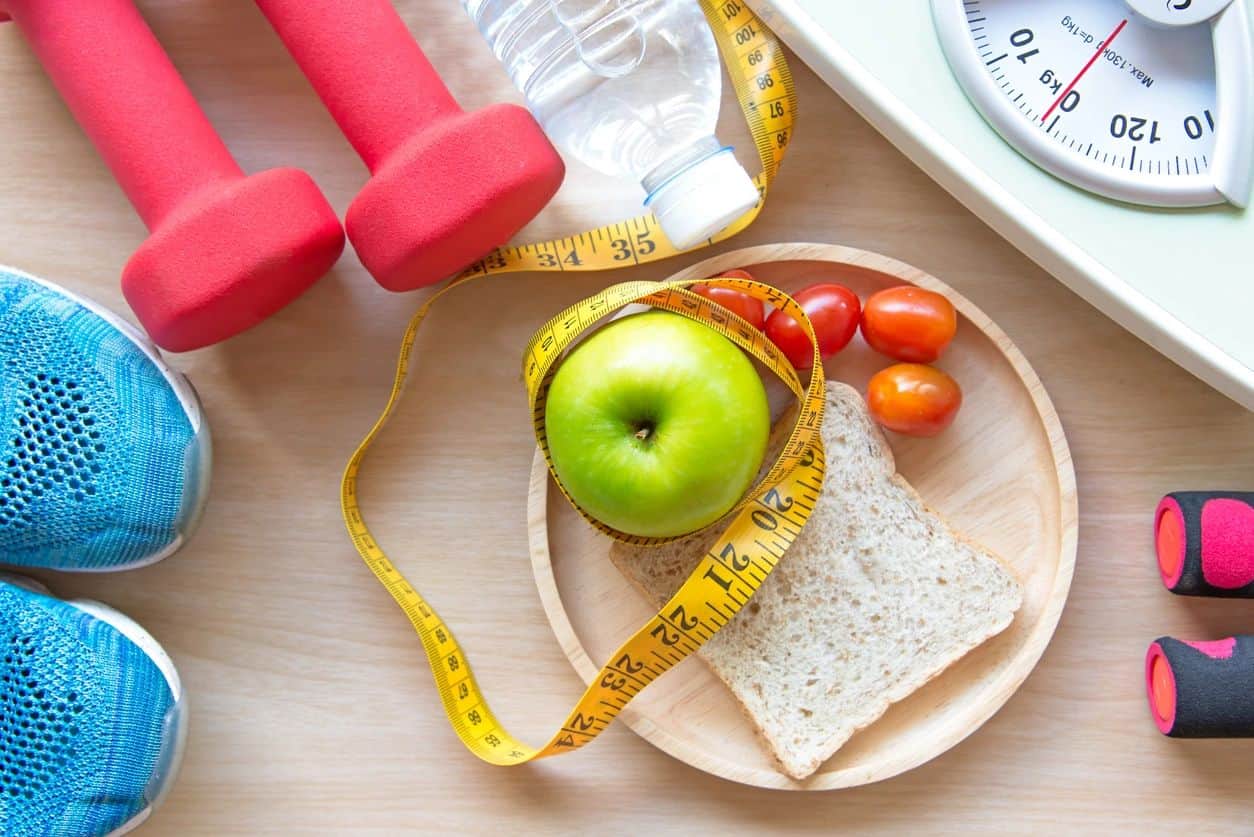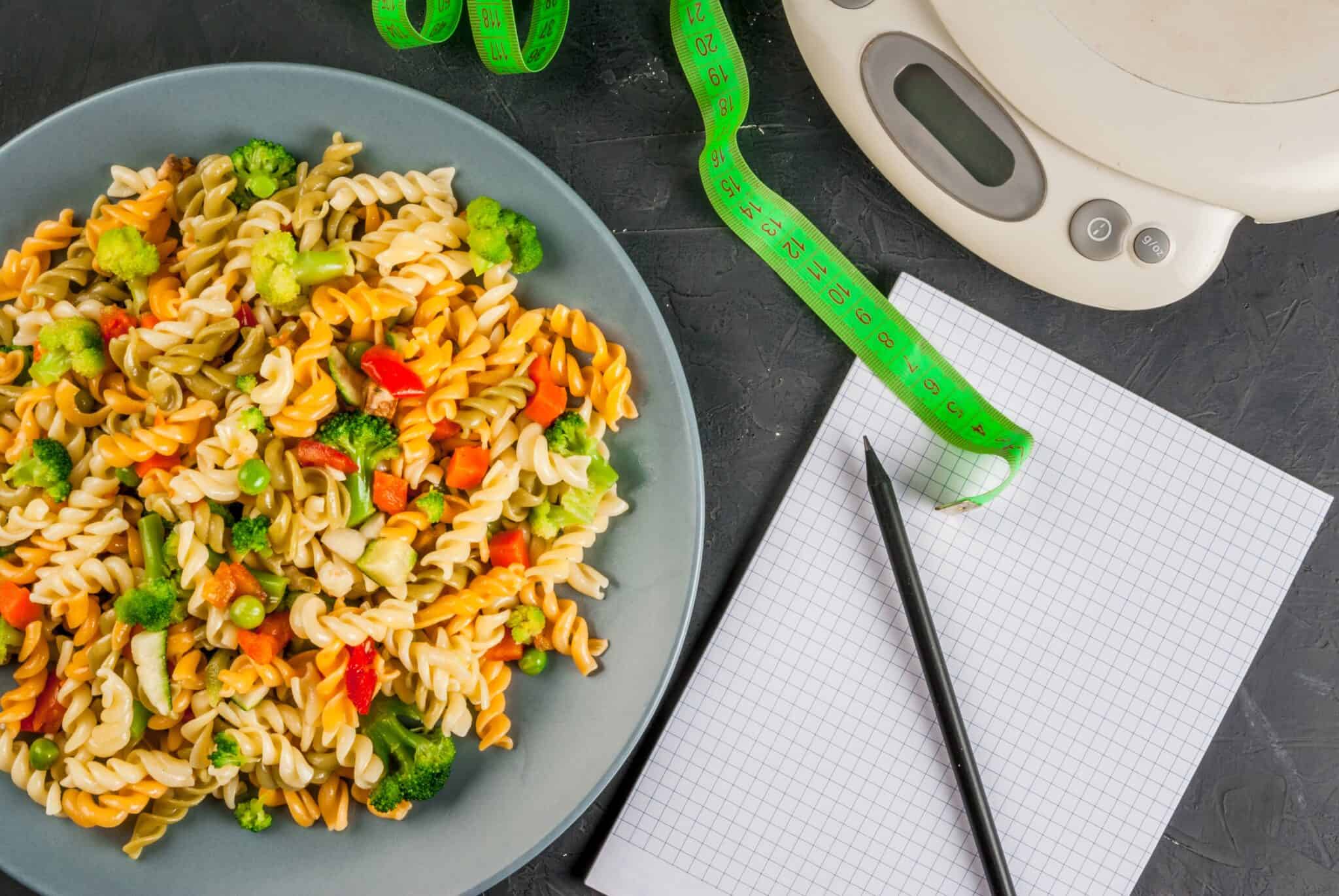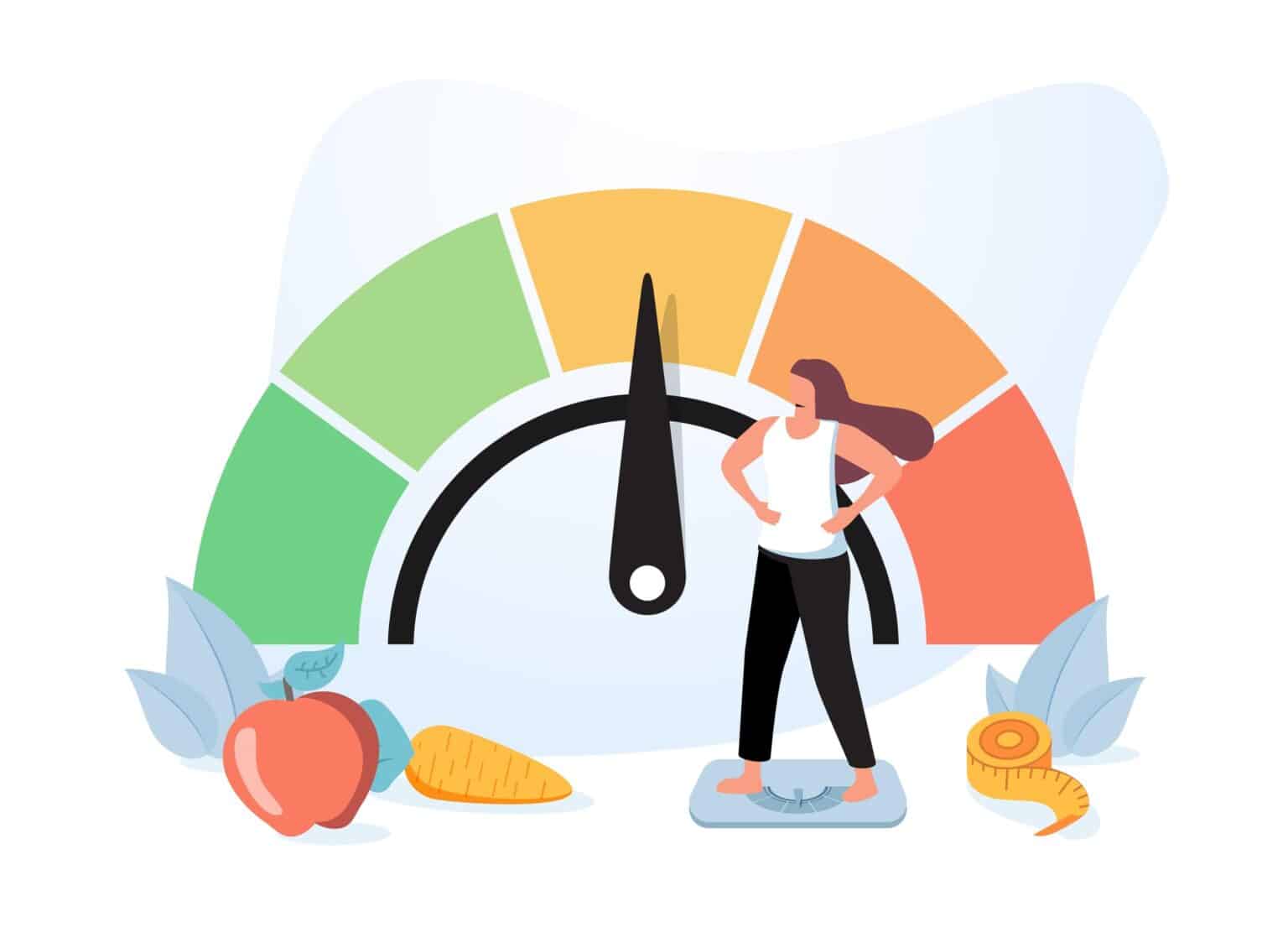Inspiration and tips to get you started with a ‘food and mood’ journal
Starting a food and mood journal can be a critical initial step to eating more mindfully and trusting your body. It can help us understand how we respond to food and other lifestyle factors. We can then use our discoveries from the journalling process to optimise our habits and live happier lives.
We’re so thrilled you are reading this article on your journey to becoming a more intuitive eater, so without further ado – let’s get started!
What is a food and mood journal?
A food and mood journal is a tool used to document what you have eaten measured against your general mood changes and feelings throughout the day. Tracking your food habits this way may help you notice general patterns of behaviour around food, why you may be craving particular foods or perhaps notice common themes in what increases the likelihood of eating particular foods over others. It can also be a significant starting step towards achieving more balance in your food choices.
You are welcome to adapt food and mood journalling any way you want in a way that works best for you. The key is to make the process an enjoyable and freeing one to let in curiosity and awareness around food, let go of restrictions or guilt, and simply seek to acknowledge and understand the body.
Is a food journal the same as a food diary?
In short, no. Traditionally used food diaries, such as 24-hour recalls or food frequency questionnaires (FFQ), are used to calculate what foods and quantities we consume over a given period. Whilst they are a popular approach in the clinic, they have been shown to increase anxiety and stress around food and may lack validity. (1,2,3)
On the other hand, a food and mood journal aims to create compassion for your body by being honest and non-judgemental about your diet and lifestyle. It is simply a strategy we can use to connect with what we are eating and reflect on how foods make us feel.
When may a food and mood journal not be appropriate?
Some of the following situations may not be the best in which to introduce a food and mood journal:
- Current or past experience of an eating disorder
- Undergoing extreme food restriction and fasting
- Experiencing rapid weight loss
- Purging and self-induced vomiting behaviours
- Misuse of diuretics or laxatives
- Partaking in extreme exercise
If you show severe signs of disordered eating, a food and mood journal may not be advised for you as it can potentially complexify your relationship with food.
Journalling can be time-consuming, and it can lead to us scrupulously checking calories and nutritional information, thus affecting what and how much we eat. This may drive someone further into their eating disorder and could even be more triggering than helpful.
Whilst some people in the stage of recovery find them a valuable tool to improve their awareness of their body, this may not be the case for everyone, so it is essential to approach this step from a place of consciousness and care.
In this case, it is best to consult a healthcare professional who will be able to assess and advise what is best for you in your journey.
If it is not deemed suitable for you, remember there are still plenty of other excellent tools you can use to heighten bodily awareness, and food journaling may even be one you come back to in the future.
How long should I keep a food and mood journal for?
This is entirely up to you and whether you find it to be helpful. Journalling can be quite a task in itself, so it’s important to make it manageable and sustainable.
Start small – we recommend trying this activity consistently for a week or so and see if you notice any changes or patterns. You can always add or take away what you choose to record and streamline this with your goals and outcomes. No day is the same, and understandably, you may not always want to record every meal due to time restraints, mood changes or lifestyle. For example, journalling your meal may be the last thing on your mind when you are out for dinner with friends at the end of a long week, and that’s okay! In fact, we urge you to savour the moment!
What should I include in my food and mood journal?
This is the fun part! You can absolutely tailor your food and mood journal to yourself and what you would like to explore within yourself. You could opt for a more written style or a table layout and keep it as detailed or as minimal as possible. You could handwrite it in your favourite notebook, use a tablet or computer, or even voice record your answers. Some ideas for the headings or columns you could include are:
- A brief outline of the meal or snack in front of you
- The time of day of the meal or snack
- Your environment – are you eating alone or with others? Outdoors or at home?
- Your stress and mood levels
- Have you moved, stretched or exercised today?
- Context to the day – are you working, or is it a day off? Have you witnessed anything socially, in the news or on media that may have affected you?
- How long has it been since you had last eaten?
- How you feel before eating it
- Your ‘number’ on the hunger wheel/hunger scale before eating (click here to read more about the types of hunger and how to use a scale system)
- How much of the meal you ate
- Your ‘number’ on the hunger wheel after eating
- How you feel after eating it – Satisfied or miserable? Content or peckish?
- Any further reflections (4)
Whilst the above are more food-specific, some further journal questions you could also ask yourself at the end of the day or week for an overview could include:
- How do I feel today?
- What has had a positive impact on my life recently?
- What are three things I am grateful for today?
- What may I need more help or support with going forward?
- What are some things that occupy my thoughts a lot, maybe more than they should?
- What can I do for my self-care today?
- If a close friend was experiencing what I am currently experiencing, what advice or reassurance might I offer them? (4)
EHL’s top tips:
- Remember, no emotion or feeling is the right or wrong one to have, so it’s key to be as honest with yourself as possible. There’s no judgement from this exercise, and it is a stepping stone to eating more intuitively.
- Listen to your body. Some people may find any kind of food journaling to be triggering and stress-inducing. If this sounds like something you may struggle with, there are plenty of other steps you can take. Why not start with writing a letter of gratitude to your body (you can read more about body neutrality in this post) or by making a gentle self-care schedule?
- When in doubt, seek advice from a registered nutrition professional, if possible, who would be happy to guide you through this process and other tools to help you on your journey. To enquire about our nutrition counselling services, please email [email protected].
- Lastly, don’t forget to take a moment to remember your worth. Acknowledge the incredible efforts you are taking right now by reading this article and being motivated to improve your relationship with food. You are doing amazingly!
Priya Chotai, BSc ANutr
EHL Team x
References
- Cade J., Thompson R., Burley V., Warm D. Development, validation and utilisation of food-frequency questionnaires—A review. Public Health Nutr. 2002;5:567–587. doi: 10.1079/PHN2001318.
- Briefel RR, Sempos CT, McDowell MA, Chien S, Alaimo K. Dietary methods research in the third National Health and Nutrition Examination Survey: underreporting of energy intake. Am J Clin Nutr. 1997;65(4 Suppl):1203S–1209S.
- Hebert JR, Ebbeling CB, Matthews CE, Hurley TG, Ma Y, Druker S, et al. Systematic errors in middle-aged women’s estimates of energy intake: comparing three self-report measures to total energy expenditure from doubly labeled water. Ann Epidemiol. 2002;12(8):577–86.
- Thomas L. How to Just Eat It: A step-by-step guide to escaping diets and finding food freedom. London: Bluebird; 2021: 314-316.






